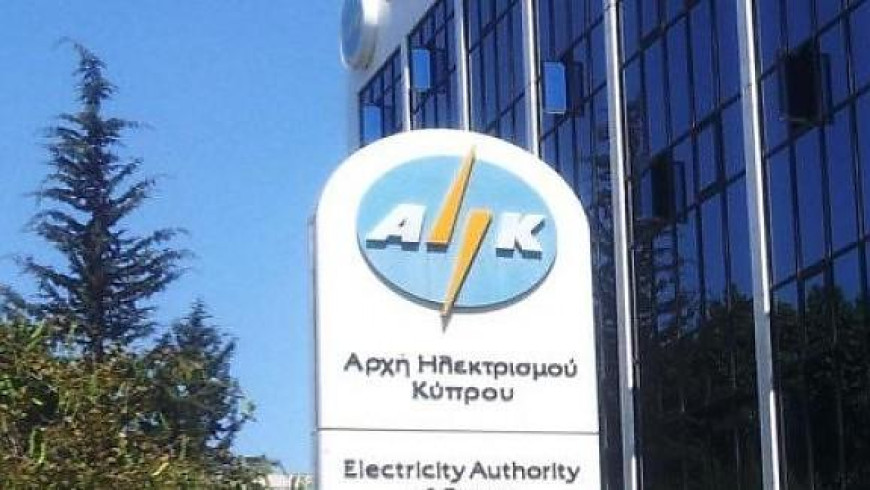Cyprus Budgets: Business as Usual and Obsession with Fiscal Surpluses

The comments of President Anastasiades, the Minister of Finance, Constantinos Petrides, and DYSY party leader, Averof Neophytou in recent days stressing the need to solidly support the budgets approved by the Council of Ministers highlighted by much trumpeted fiscal surpluses are ignoring changes in the real world and are most inappropriate at this time. Indeed, the obsession with fiscal surpluses is dangerous for Cyprus.
Unrealistic assumptions leading to fiscal austerity
The objective of a government is to raise resources mainly through taxation to fund public activities and investments that, for various reasons, are better performed by the government. In “bad” times of falling economic growth and incomes and/or when revenue resources are very limited governments will have to spend less on public services and infrastructure in order to produce a surplus. Indeed, in Cyprus the relatively low level of actual tax collections[1] means often that the government has to restrict necessary expenditures on social benefits and development projects so as to generate a surplus. Even this year when tax revenues have been boosted by rapid inflation the impact of much higher than forecast prices on government outlays such as purchases of supplies and the payroll for employees led to a restraining of expenditures on social protection with Minister Petrides claiming that there was not enough money to finance more benefits for handling, albeit adequately, the cost of living crisis.
And it is business as usual in the formation and presentation of the Cyprus government budgets for 2023 and beyond. With its very optimistic assumptions or forecasts for prices increasing by 3 per cent and real GDP growth rising by 3 per cent as well in 2023, the government is not facing up to the realities of a profoundly changing world. And if the rise in prices is well above 3 per cent, as is most likely, and the government rigidly keeps to its expenditure targets and quest for a fiscal surplus something will have to give during 2023. That is, tax rates will have to be raised and/or certain government expenditures will need to be cut. And as in 2022 the most probable victims would be outlays for protection of households and businesses against soaring prices and costs as well as real investment expenditures for implementing the Recovery and Resilience plan. In this sense the combination of unrealistic assumptions and obsession with budget surpluses can result in fiscal austerity posing a danger to an economy facing strong growth headwinds.
Fiscal surpluses appropriate when economy overheated
Budget surpluses should only be targeted at times when the economy is genuinely overheated as a result of excessive demand. This does not appear to be the current situation in Cyprus where rapid inflation has been caused largely by higher costs of imported energy and food products stemming from supply shortages rather than by imprudent government spending inflating aggregate demand excessively. Furthermore, with an official unemployment rate of around 7 per cent and considerable under-employment, Cyprus has the labor capacity to meet sizable increases in demand.
Greater tax revenue and enhanced institutional capacity needed
Overall for Cyprus to be able to afford to offer high quality public services including adequate social protection to vulnerable individuals and families and undertake worthwhile investment projects, while at the same time maintaining sound public finances, it must have sufficient financial resources emanating from a broadly-based and progressive tax system[2]. In addition, the government should have the institutional competence to administer efficiently the provision of social services, to effectively execute development projects, and to ensure tax compliance and the punctual collection of taxes. In this connection the government budgets to need to allocate funds for enhancing institutional capacity through recruitment and promotion of competent employees and substantial advances in the digitization of its operations as against the ongoing employment of a large numbers of advisors and casual workers for political purposes.
Finally, rather than being strongly supportive of the proposed budgetary plans of the Council of Ministers as is the stern want of President Anastasiades government ministers and members of the House of Representatives should feel free to recommend changes to budget allocations so that a more realistic budget that has a positive impact on the economy and society can be revised and adopted. And it will be up to the new government in the wake of the forthcoming Presidential elections to undertake tax reforms to boost substantially tax resources so as to help ensure sound government finances.
[1] The latest data comparing tax ratios for EU members shows that taxes and social contributions collected as a proportion of GDP in Cyprus was 34.6 per cent in 2020 compared with a much higher average of 41.4 per cent for EU countries. And it is the low collection of taxes on incomes and property of just 9.7per cent of GDP in Cyprus compared with an average of 13.2 per cent for EU members that largely accounts for this striking difference in the overall tax ratios.
[2] Government ministers and politicians need to understand that a prosperous country requires both high government expenditures and high taxes. A prosperous country needs a high level of public expenditures, on infrastructure, education, technology, and social protection, and that the government requires sufficient revenues to sustainably finance these expenditures.







 3287.99
3287.99 1275.09
1275.09

